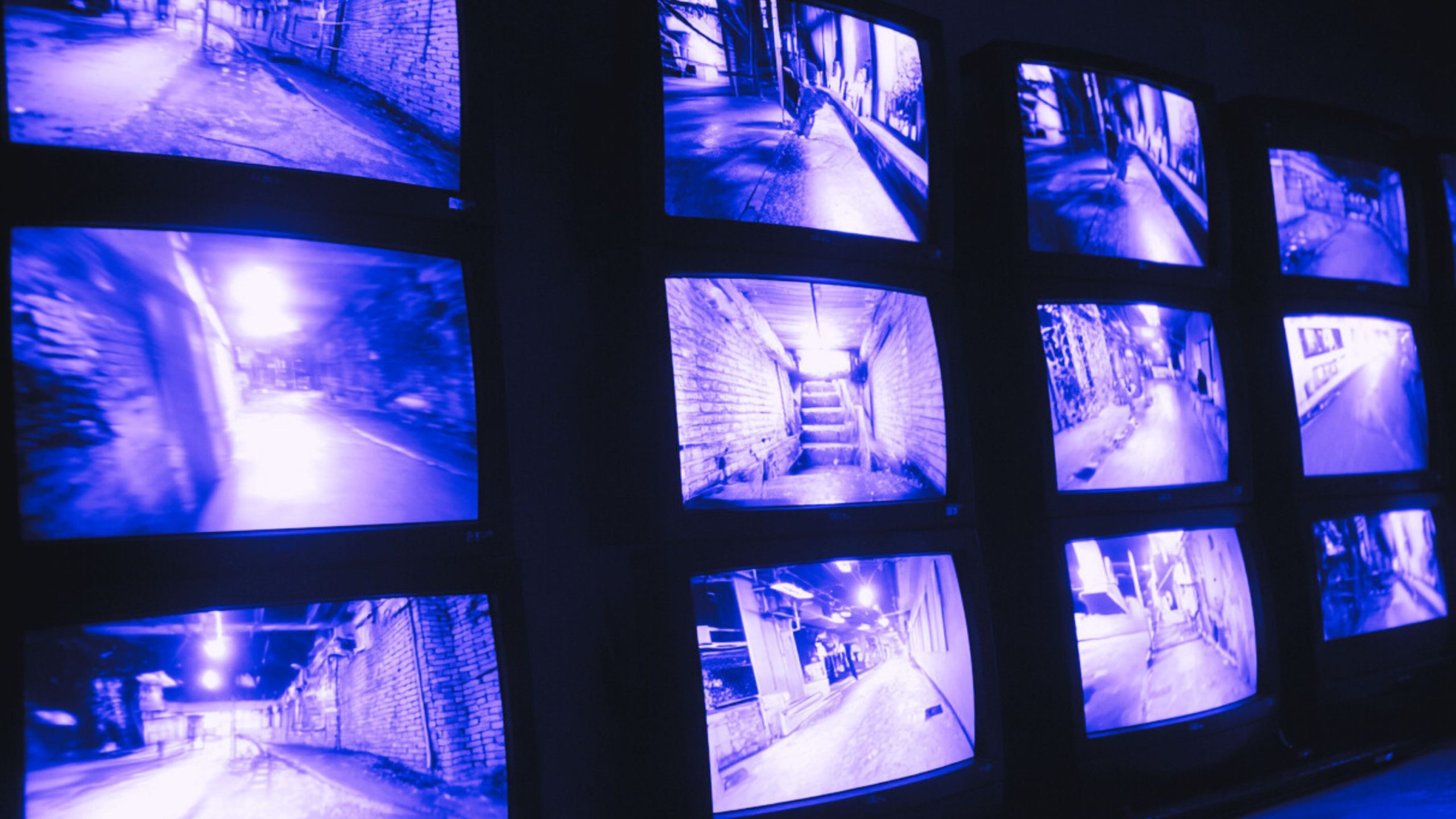Dover, New Jersey, has joined a growing wave of municipalities embedding artificial intelligence into public spaces, advancing a surveillance system that includes facial recognition and automated video analysis across its government buildings.
The town partnered with technology firm Claro to retrofit its existing camera infrastructure with AI tools, avoiding the need for costly new hardware while expanding its monitoring capabilities.
The system brings a range of features into play, including facial recognition, visible weapons detection, and real-time behavioral analytics.
These tools are now active in locations such as the town hall, police department, fire station, and public library.
Town officials say the technology is being used for incident detection, crime prevention, crowd control, traffic monitoring, and illegal dumping enforcement.
“As a small municipality, we don’t have the budget for constant law enforcement presence,” said Mayor James Dodd. “Claro gave us the ability to enhance safety with cutting-edge technology that works with what we already have.”
The rollout reflects a broader trend where small towns turn to algorithmic systems to fill gaps traditionally addressed by human staff.
AI tools, particularly facial recognition, are increasingly being deployed in public settings, sparking ongoing concern about surveillance practices and the erosion of privacy rights.
Councilman Sergio Rodriguez, who helped lead the initiative, emphasized that the project came together through collaboration rather than off-the-shelf sales.
“Claro wasn’t just selling a product,” he said. “They listened to our needs and delivered solutions that worked for the Town of Dover.” He pointed to the technology’s role in optimizing public safety while helping stretch municipal budgets.
“With AI supporting day-to-day operations,” he said, “we can better protect residents and allocate our budget more effectively.”
Claro markets its AI platform as adaptable to existing surveillance systems and suitable for both real-time alerts and forensic investigations.
While the town frames the move as a practical step toward community protection, the integration of facial recognition and AI analytics into shared civic spaces raises questions about accountability, transparency, and long-term data use.
As these systems become more common, so do concerns about what constant algorithmic surveillance means for public life.










